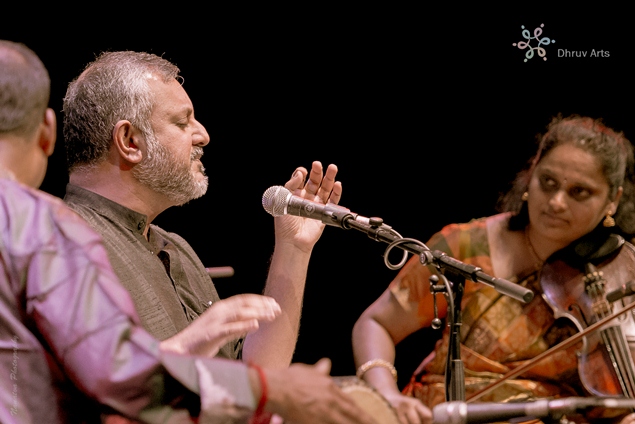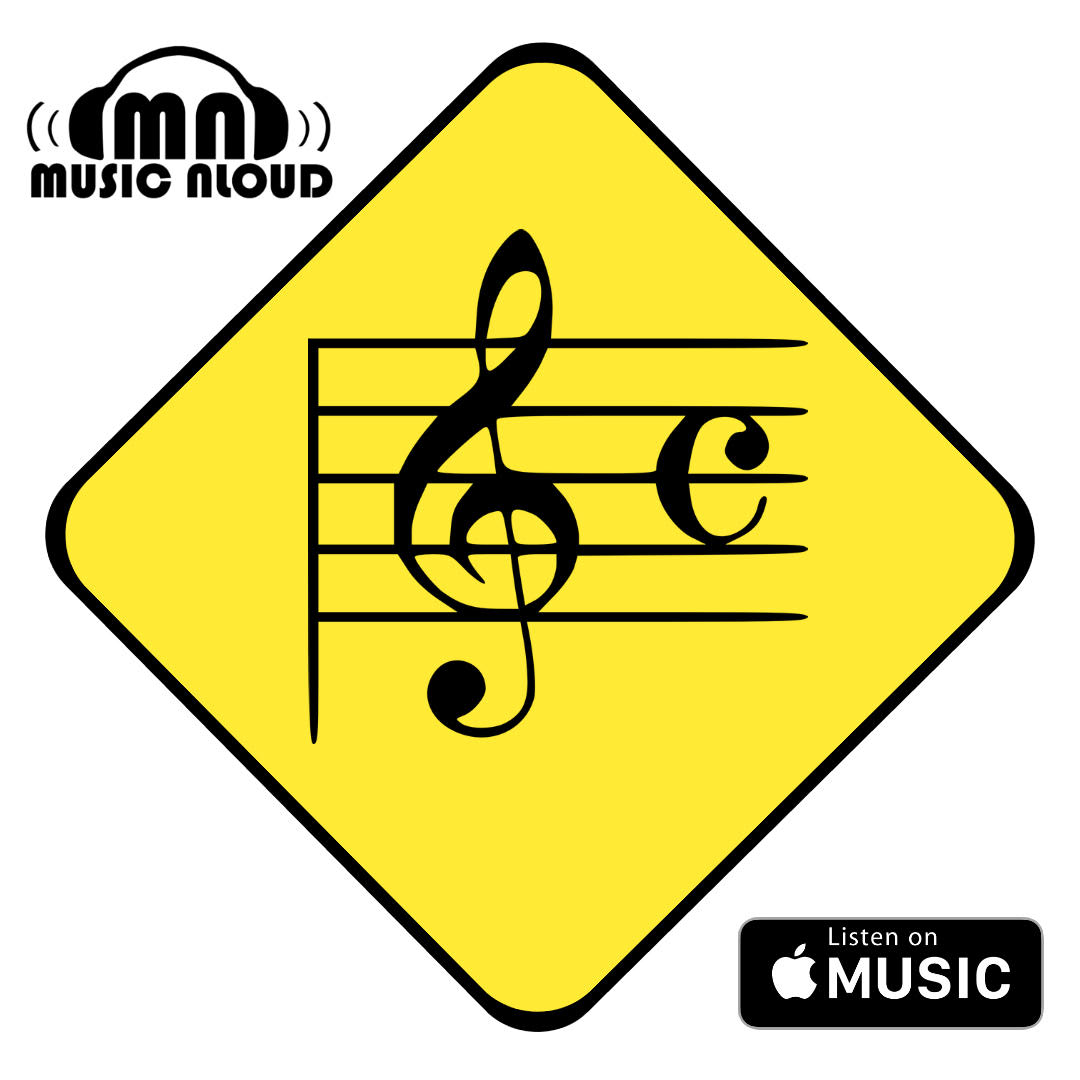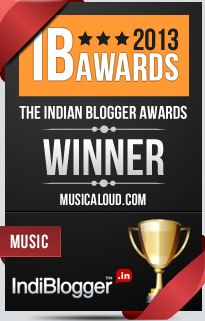Aswathi Thirunaal Rama Varma. Student of the maestro Dr. Balamuralikrishna, and a person known, apart from his singing and veena playing skills, for his lecture demonstrations in music and for being the main man behind two of the best classical music festivals in Kerala. Jyotsna Srikanth. A prodigious violinist famous for her numerous classical and fusion performances and albums. These were the two main reasons that I was looking forward to the evening of Carnatic music at South Bank Centre on 25th April. I had not seen a live performance by either of the artists, or of the accompanying percussionists M Balachander, RR Prathap or RN Prakash. And as I entered Purcell Room, I noticed that the adjacent Queen Elizabeth Hall was simultaneously featuring a trio playing Haydn, Beethoven and Schumann. Somewhere on the back of mind a thought appeared that that might have been a good choice too. It didn’t stay on for long though, 20 minutes were all it took for the concert to begin and for the music to make me forget all else.
It was heartening to see a full house for a Carnatic concert in a place so far away from home; predominantly comprised of South Indians as expected (musician Susheela Raman being the most notable of them), but also of some foreigners. After a quick intro by Srikanth Sharma – the commercial director of Dhruv Arts – of the ten-year old organization and of the musicians, was a short, light-hearted run-up by Rama Varma to what he called a “bonsai version” of a classical concert. And a fifteen minute classical music primer later, the singer launched into his performance with the delightful hamsadhwani raaga, a Purandaradasa composition called Gajavadana Beduve. The Prince chose a darker raga for the evening’s centrepiece though, the pantuvarali-based Saarasaaksha composed by his legendary great grandfather, Swathi Thirunaal Rama Varma. And here the audience got the full deal. An elaborate alaap segment by the singer which was matched at every step by Jyotsna Srikanth, and the main composition after which the percussion section took over with their jamming (thaniyaavarthanam), also featuring some splendid scatting (konnakol) by Prathap. Varma then went on to sing kharaharapriya-based Chandamamanu Choochi Voddama set to tune by his guru Balamuralikrishna, a song someone had requested over email apparently. Interestingly the only result google throws up if you search for this composition is that of Rama Varma teaching it to a bunch of kids in Perla.
After a short break, the audience was treated to the charming Thyagarajar composition Seethaa Kalyaana Vaibhogame (kurinji raaga). The singer followed it up with a song from another of the musical trinity – Pankaja Mukha, one of Muthuswami Dikshithar’s 39 shankarabharanam-based compositions inspired by Western Classical music that he had called Nottu Swaras. Rama Varma said that these compositions were not that often sung in concerts, but he loved singing them for the appeal they had among kids. The “bonsai” concert came to a close with a sprightly rendition of Dr. Balamuralikrishna’s kunthalavaraali raaga-based thillana.
In the end was a brief Q & A session between Rama Varma, Jyotsna Srikanth and music writer Peter Culshaw, where the singer spoke about the attitude towards women in the classical music scene, particularly as accompanists, about Swathi Thirunaal and about his fascination for British humour, especially Bill Bailey and Rowan Atkinson (minus Mr. Bean)! Something that no doubt contributed to the musician’s joviality that was in display all evening; even while he was singing. At one point when asked why despite being a descendant of such a great composer he had not composed anything of his own, he replied that being a descendant all he had managed to do was “descend”!
Thus ended another evening of lovely music. Would have loved to see a display of Rama Varma’s veena playing skills too, but that will have to be another time. And I shall be on the lookout for Dhruv Arts’ next event. Oh, and loved their stage backdrop for each song!






